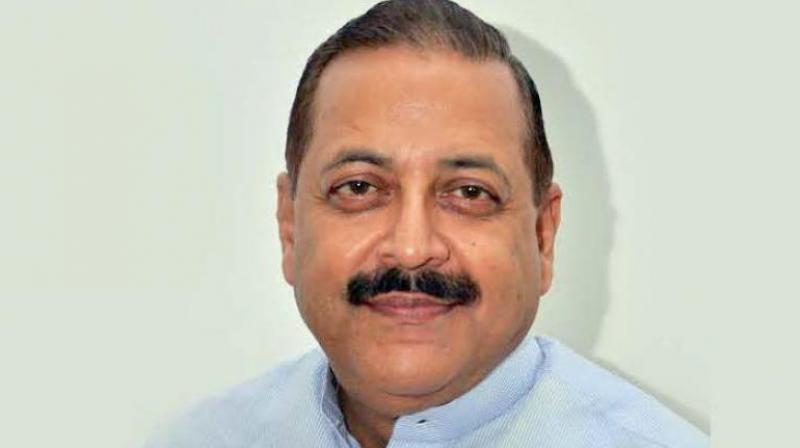Kashmir Valley on edge as 10,000 men perform ‘drill’

Srinagar/New Delhi: A series of contingency orders issued by the Jammu and Kashmir administration over past few days, including a directive to the police to immediately provide details of the mosques in the Kashmir Valley, where the Centre has moved additional forces, have caused panic among vast sections of the people in the state, mainly in the Valley.
It has also fuelled speculation by the regional parties on the fate of Articles 370 and 35A which give a special status to the state.
As the Valley remained on edge, PMO minister of state Jitendra Singh on Monday said the deployment of 10,000 securitymen in the state was part of the security drill and blamed the National Conference and the PDP for “creating noise”, claiming they feared losing the people’s mandate.
The latest directive was Srinagar’s senior superintendent of police asking the police zonal heads to collect details about mosques in their respective areas, including their exact locations and names and antecedents of their imams and the people who run these places of worship, and their ideological affiliation, “for onward submission to higher authorities”. The police chiefs of four other Valley districts were issued similar orders.
Last week, the Union home ministry ordered the deployment of about 11,000 more police and paramilitary personnel in the state to “strengthen the counter-insurgency grid and also deal with law and order situations”.
This with other contingency orders, including the railway authorities’ asking their staff to stock rations for at least four months and take other steps in view of the “forecast of the deteriorating situation in Kashmir for a long period”, have dominated the discourse in the state that the Centre might go in for some drastic steps, like scrapping Article 35A and Article 370 of the Constitution.
Article 370 guarantees special status to J&K in the Indian Union, while Article 35A envisages special rights and privileges to permanent residents of the state, thereby prohibiting non-permanent residents from permanent settlement and acquiring immovable properties, government jobs and scholarships in the state.

